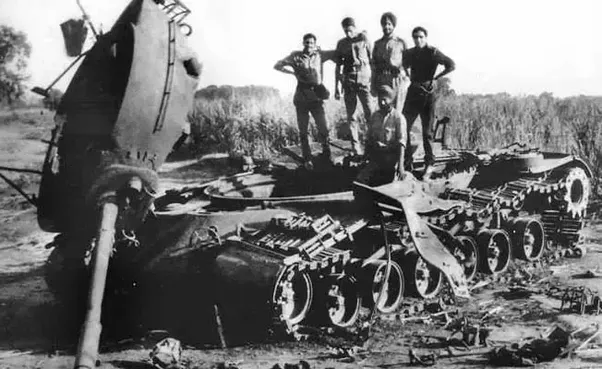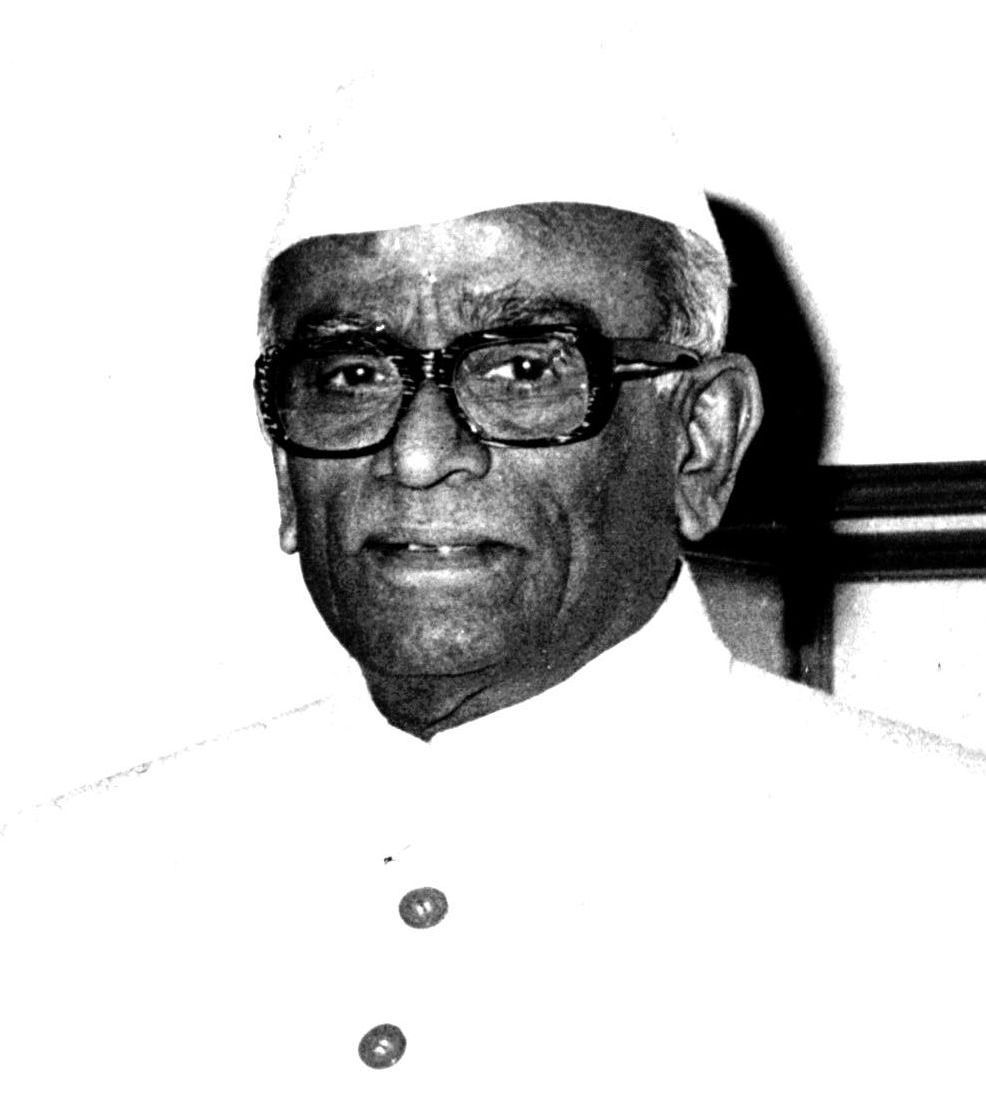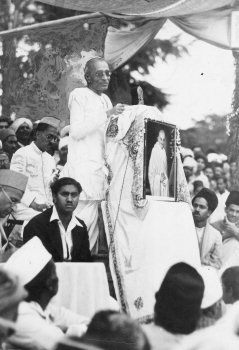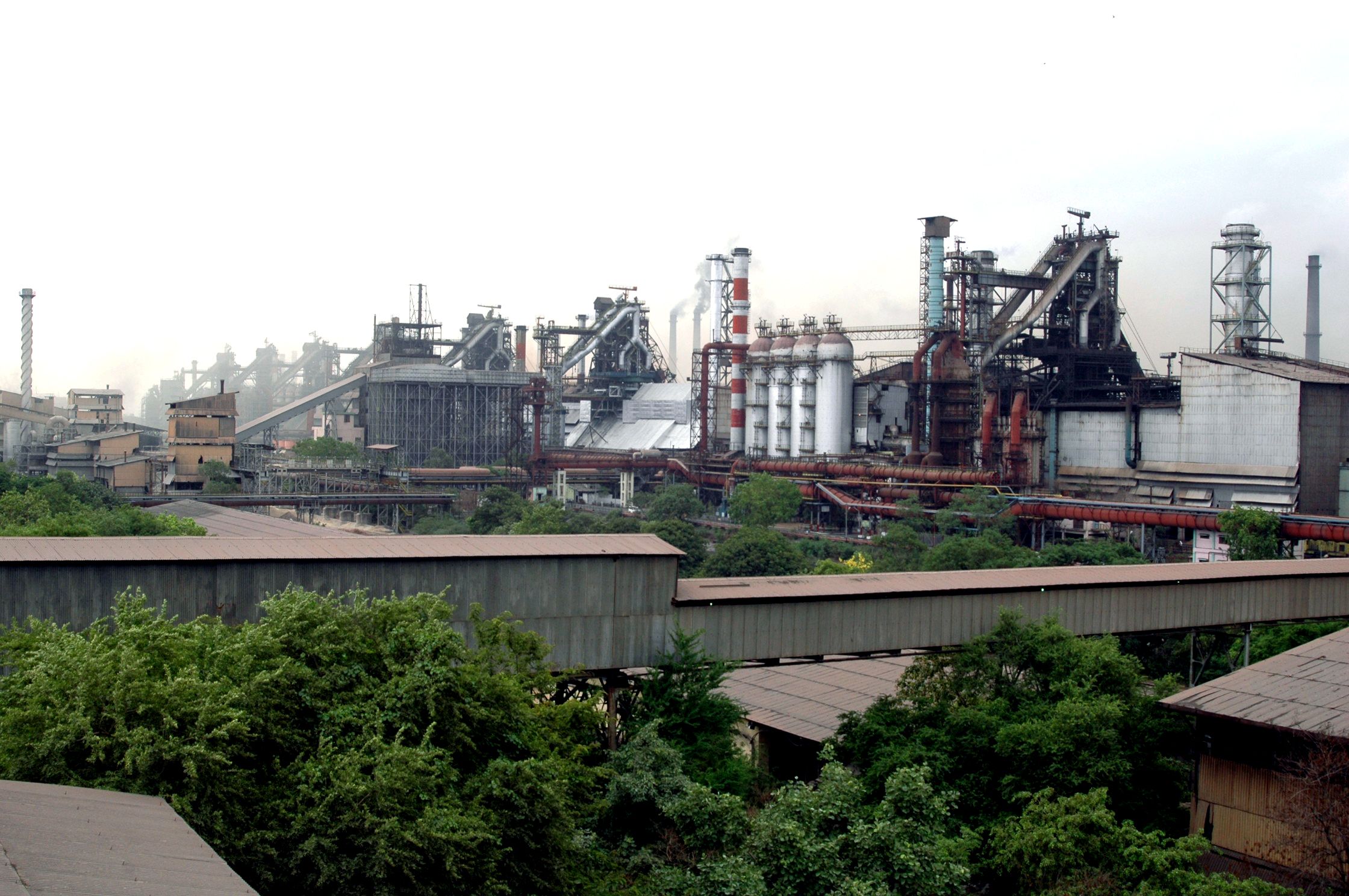
Pakistan Attacks India
On 5 Aug 1965, thousands of Pakistani soldiers crossed the Line of Control dressed as Kashmiri locals and tried to infiltrate into various areas within Kashmir. India retaliated against the attack in self-defence. The war ended after the signing of the Tashkent Declaration. It was during the war that Shastriji gave us the slogan 'Jai Jawan, Jai Kisan' launching a war against both external agression as well as the domestic food shortage.

Shastriji Takes Over as PM
Lal Bahadur Shastri took over as the Prime Minister on June 9, 1964. In his address to the Nation on June 11, Shastriji said: "Our way is straight and clear, the building up of a socialist democracy at home with freedom and prosperity for all.."
Pt Nehru passes away
The first Prime Minister of Independent India Pandit Jawaharlal Nehru passed away at the age of 74 on 27 May, 1964, bringing an end to one of the most illustrious chapters in the nation's history. He left behind a legacy of strong democratic institutions and a state based on the values of secularism and socialism.
Bhakra Nangal Dam Inaugurated
Prime Minister Pandit Nehru inaugurated the Bhakra Nangal Dam. He said: "Bhakra, the new temple of resurgent India, is the symbol of India's progress." The dam revolutionised irrigation in northern India, thereby preparing the foundation for the Green Revolution, which removed India's foodgrain shortage.

Bhubaneshwar Session
The Congress met at Bhubaneshwar in 1964 under K Kamaraj. The Congress's commitment to socialistic ideals, which had been expressed during the Avadi and Nagpur sessions, was reiterated in Bhubaneshwar. However, Pandit Nehru suddenly fell ill during the deliberations at Bhubaneshwar.

1962 General Elections
The Congress's efforts at nation-building under the leadership of Pandit Nehru were recognised by the people as it was re-elected to power in the 1962 General Elections. The party won 361 seats out of a total of 494, the Communist Party of India was a distant second with a tally of 29.

Bangalore Session
The newly elected Congress president N Sanjeeva Reddy launched a spirited counter-attack against the Swatantra Party. ' What has been said is merely the criticism of the Congress and some of its leaders. It is on this negative basis that this new party stands, with no foundation at all,' he said.

Swatantra Party
Besides the rise of Indira Gandhi, the other major fallout of the Nagpur session was the alienation of the free-market proponents within the Congress. The economic resolution passed at the session emphasised the Congress's committment towards land reforms and cooperative farming. Upset at this left-ward turn, C Rajagopalachari and N.G. Ranga left the Congress and formed the Swatantra Party.

Bhilai Steel Plant Inaugurated
First President of India, Dr. Rajendra Prasad, on 4 February 1959 inagurated the Bhilai Steel Plant which was India's first and main producer of steel rails, wide steel plates and other steel products.

Indiraji Becomes President
In 1959, Indira Gandhi was elected as the Congress president. She had already been an elected member of the CWC since 1955 but at Nagpur, the outgoing president U.N. Dhebar suggested her name. Lal Bahadur Shastri proposed her name in the CWC and Indiraji, then just 41 years of age, became the president of the Congress party.

The Language Question
The 'language question' featured prominently in the discussions during the Gauhati Session in 1958. The party resolution stated that all languages mentioned in Schedule VIII of the Constitution are national languages, which should all be encouraged equally. However, the resolution did stress that there was a need for a 'link language, which should not be a foreign language.







